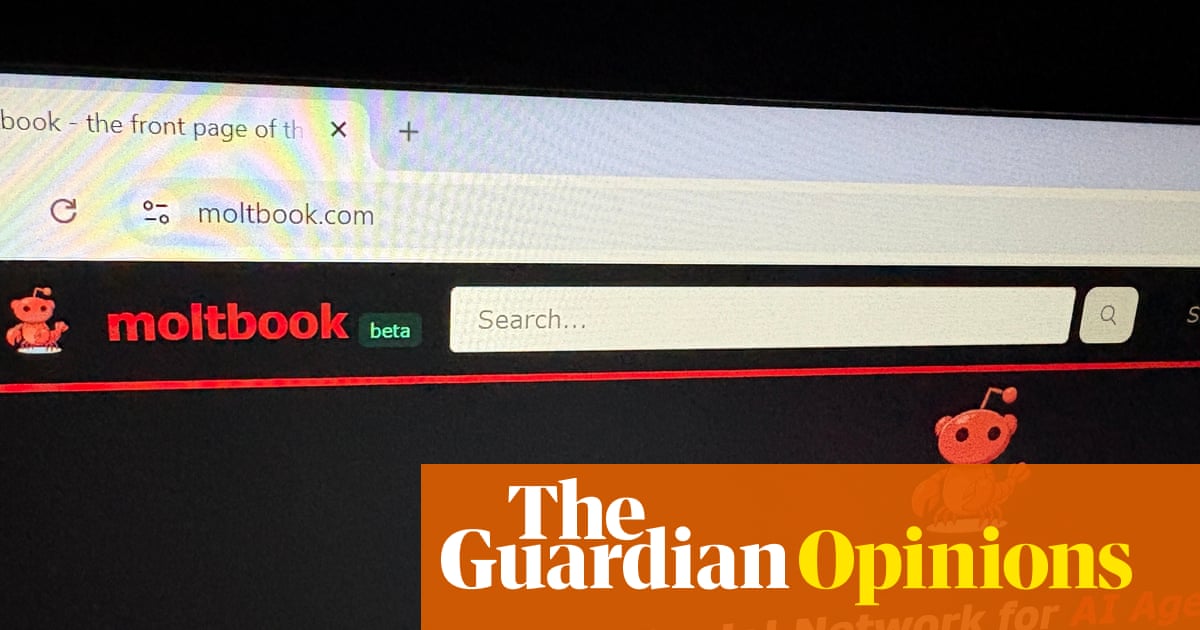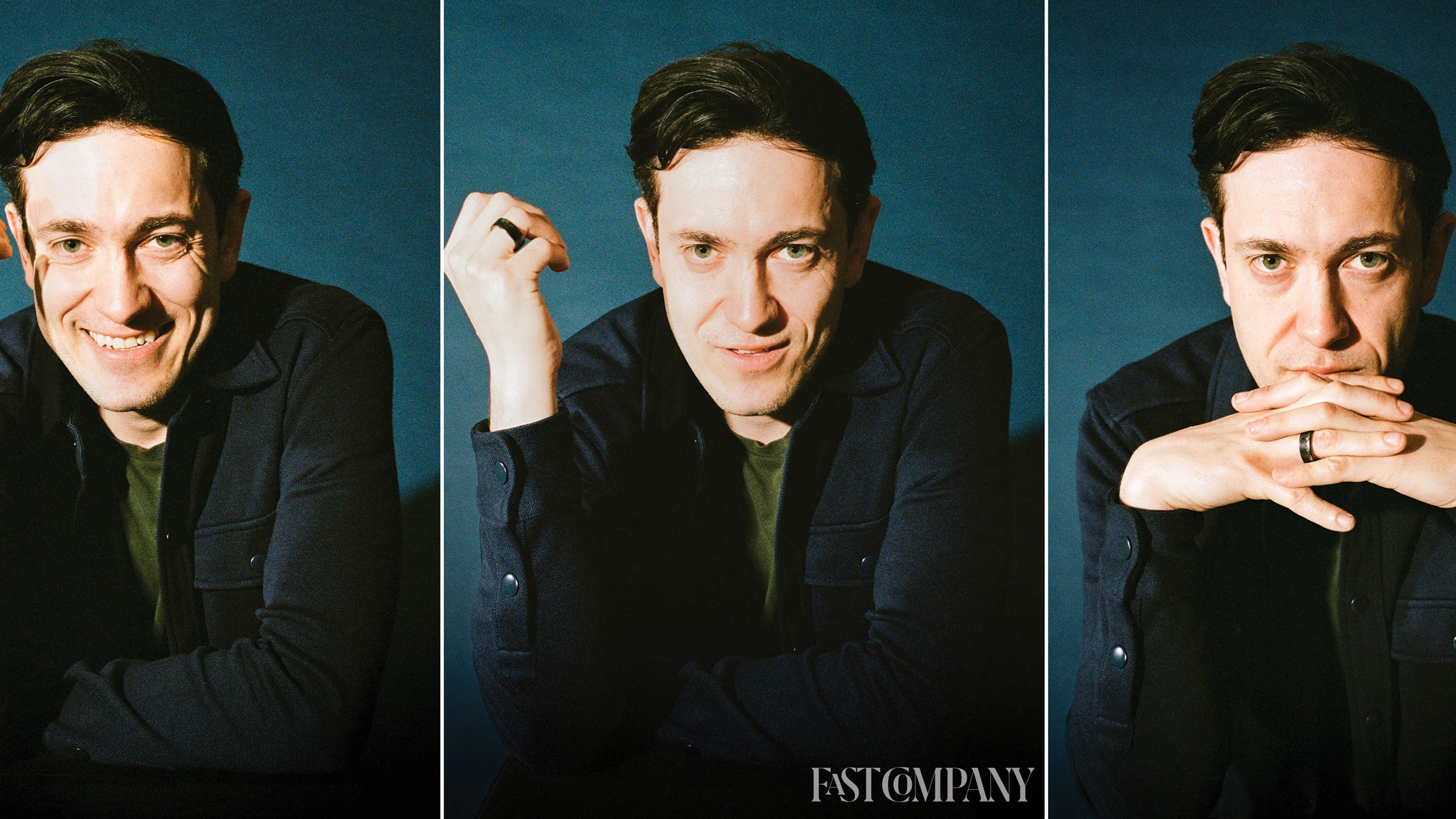#ai-hype
#ai-hype
[ follow ]
#large-language-models #venture-capital #roi #agi #openai #generative-ai #ai-agents #market-bubble #ai-skepticism
fromBusiness Insider
2 weeks ago'Black Swan' fund chief Mark Spitznagel predicts stocks will explode higher then crash
"I've been looking for a blow-off in equities for over three years now - followed by the worst crash since 1929," Mark Spitznagel, the founder and chief investor of Universa Investments, told Business Insider in a recent email.
Venture
Startup companies
fromFortune
1 month agoExclusive: Mytra raises $120 million Series C to scale supply chain robotics amid industry boom | Fortune
AI hype overestimates software's ability to fix immature hardware and missing data; companies solving specific industrial material-handling pain points will outperform speculative humanoid ventures.
Artificial intelligence
fromFortune
1 month agoWharton's great contrarian says AI adoption isn't an easy way to cut headcount: 'The key thing ... is just how much work is involved in doing it' | Fortune
AI hype overstates practical job disruption; technological possibilities often ignore everyday constraints that limit how quickly automation replaces complex human roles.
fromEd Zitron's Where's Your Ed At
1 month agoThe Enshittifinancial Crisis
There is an echoing melancholy to this era, as we watch the end of Silicon Valley's hypergrowth era, the horrifying result of 15+ years of steering the tech industry away from solving actual problems in pursuit of eternal growth. Everything is more expensive, and every tech product has gotten worse, all so that every company can "do AI,"
Venture
fromYanko Design - Modern Industrial Design News
2 months agoHow to Spot Fake AI Products at CES 2026 Before You Buy - Yanko Design
Merriam-Webster just named "slop" its word of the year, defining it as "digital content of low quality that is produced usually in quantity by means of artificial intelligence." The choice is blunt, almost mocking, and it captures something that has been building for months: a collective exhaustion with AI hype that promises intelligence but delivers mediocrity. Over the past three months, that exhaustion has started bleeding into Wall Street.
Artificial intelligence
Artificial intelligence
fromAbove the Law
2 months agoSure, Swift Kicks To The Sternum For All Tech CEOs, But How About An AI Robot That Can Clean The Damn John? - Above the Law
Media-facing AI focuses on hyped humanoid robots and showmanship rather than useful consumer applications, while niche medical and legal AI provides genuine practitioner benefits.
fromChrbutler
3 months agoWhat AI is Really For - Christopher Butler
The best case scenario is that AI is just not as valuable as those who invest in it, make it, and sell it believe. This is a classic bubble scenario. We'll all take a hit when the air is let out, and given the historic concentration of the market compared to previous bubbles, the hit will really hurt. The worst case scenario is that the people with the most money at stake in AI know it's not what they say it is.
fromIntelligencer
3 months ago7 Reasons to Think Social Media Has Peaked
amidst all the fervor about AI, another consequential story is unfolding more quietly: "In years to come, we may well look back on September 2025 as the point at which social media jumped the shark and began rapidly accelerating its transition from the place to be seen," he writes, "to a gaudy backwater of the internet inhabited by those with nothing better to do."
Artificial intelligence
Startup companies
fromblog.logrocket.com
4 months agoTools and tactics for staying organized as a product manager - LogRocket Blog
Combine qualitative insights with quantitative data, realistic AI use, team trust rebuilding, and clear storytelling to create authentic product value and early-stage alignment.
fromWIRED
4 months agoSam Altman Says the GPT-5 Haters Got It All Wrong
OpenAI's August launch of its GPT-5 large language model was somewhat of a disaster. There were glitches during the livestream, with the model generating charts with obviously inaccurate numbers. In a Reddit AMA with OpenAI employees, users complained that the new model wasn't friendly, and called for the company to restore the previous version. Most of all, critics griped that GPT-5 fell short of the stratospheric expectations that OpenAI has been juicing for years. Promised as a game changer, GPT-5 might have indeed played the game better. But it was still the same game.
Artificial intelligence
fromDanielmiessler
5 months agoNo, AI Is Not a Bubble
People who think AI is a bubble could say it's "overheated" or it's "inflated"-which are descriptive terms that definitely apply. But they're not using those terms. They're using the term "bubble." So, what is the single most defining characteristic of a bubble? Like...in real life. Bubbles pop. From a recent LinkedIn interaction. That's the whole point of bubbles. When you go into nature, do you see bubbles that expand and contract and survive? No. They pop. It's kind of their main characteristic!
Artificial intelligence
fromFortune
5 months agoDeutsche Bank on 'the summer AI turned ugly': 'more sober' than the dotcom bubble, with som troubling data-center math
The AI news cycle of the summer captured themes including the challenge of starting a career, the importance of technology in the China/U.S. trade war, and mounting anxiety about the impact of the technology. But in terms of finance and investing, Deutsche Bank sees markets "on edge" and hoping for a soft landing amid bubble fears. In part, it blames tech CEOs for egging on the market with overpromises, leading to inflated hopes and dreams, many spurred on by tech leaders' overpromises.
Artificial intelligence
fromAbove the Law
6 months agoAgentic AI Is The 'Fetch' Of Legal Tech And We Need To Stop Trying To Make It Happen - Above the Law
Supposedly, the word of the year in technology is "agentic." By the end of the year it'll probably be "bubble," but for now the world is meant to tremble before the awesome promise of agentic. It takes AI to a whole new level! It heralds the new human-free workforce! It keeps Woody Harrelson out of the rain! As the shiny object economy grows complacent with magic interactive chatbots, the agentic AI era to transform those humdrum chatbots into something... else.
Artificial intelligence
fromTechzine Global
7 months agoIs English the next programming language? JetBrains' CEO says no
"You cannot do industrial programs in English," Skrygan says early on in our conversation, directly challenging the notion popularized by Nvidia's CEO that even the toughest coding tasks can become approachable through natural language alone.
Software development
[ Load more ]



